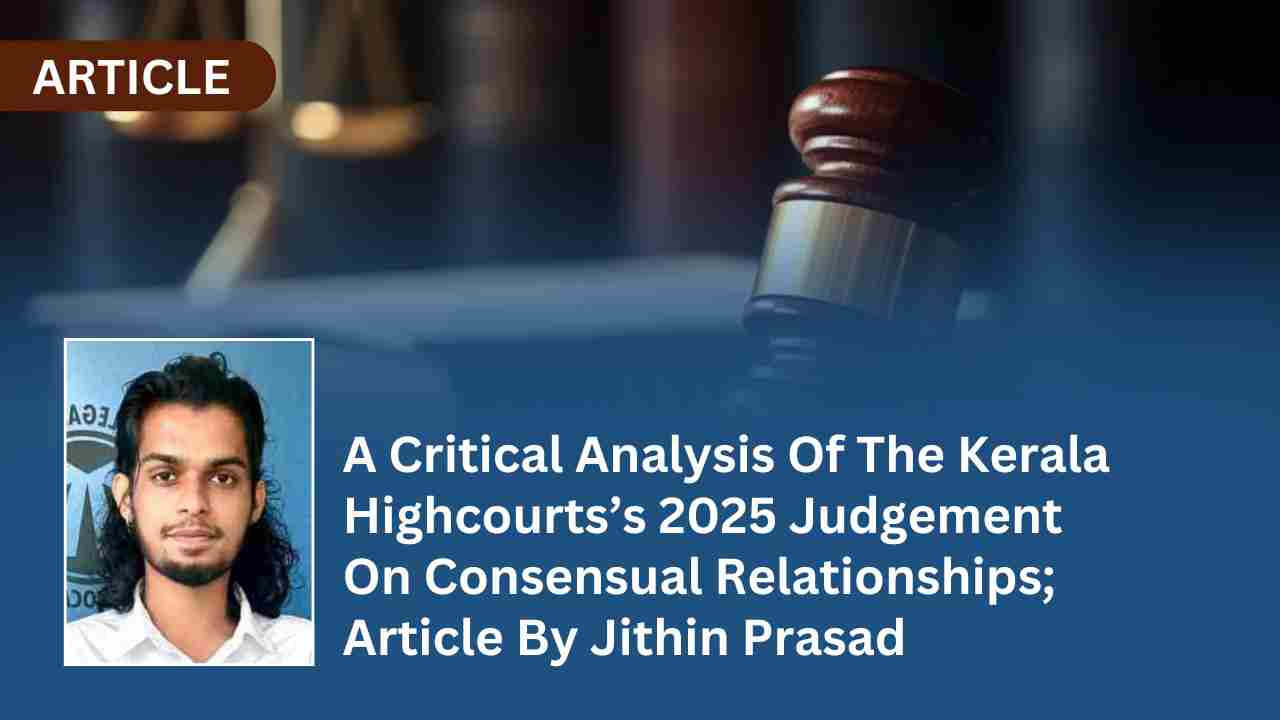Neeraja S Pillai
Online gambling and betting apps in India are navigating a complex legal landscape characterized by varying state regulations and ongoing discussions about comprehensive national laws. As the user base grows, concerns about addiction and the need for consumer protection are prompting calls for clearer regulations to ensure fair practices in this rapidly evolving industry.
Overview of Online Gambling Regulations in India
The rise of sports betting has prompted discussions about potential reforms. The Indian government is increasingly scrutinizing online gambling, with calls for comprehensive legislation to address the challenges posed by digital platforms.Proposed legislation, such as the Sports (Online Gaming and Prevention of Fraud) Bill, 2018, aims to regulate online sports betting, emphasizing consumer protection and responsible gaming practicesIndia’s gambling laws are primarily governed by the Public Gambling Act, 1867, which is a colonial-era statute. However, each state has the authority to enact its own laws regarding gambling, leading to a patchwork of regulations across the country.States like Sikkim and Nagaland have established licensing regimes for online gambling, while others, such as Andhra Pradesh and Telangana, have imposed strict prohibitions.
Types of Gambling Activities:
Casino Gaming: Regulated at the state level, with Sikkim allowing online casino games under the Sikkim Online Gaming (Regulation) Act, 2008. Goa also permits casino operations in five-star hotels and offshore vessels.
Sports Betting: The legality of sports betting remains contentious, with ongoing legal challenges. The Supreme Court is yet to provide a definitive ruling on whether sports betting constitutes a game of skill or chance.
Fantasy Sports: Recognized as a game of skill, fantasy sports platforms like Dream11 operate legally in many states, although some states have attempted to regulate or ban them.
The rapid growth of online gambling has raised concerns about addiction and financial risks. There is a growing consensus on the need for regulations that promote responsible gambling practices and protect vulnerable users.
The introduction of self-regulatory bodies (SRBs) under the Online Gaming Rules aims to ensure that online games meet certain standards before being made available to the public.
As the online gambling market continues to expand, the Indian government is expected to engage in further discussions to create a cohesive national framework that addresses the complexities of online gambling.
The integration of technology, such as blockchain for transparency and security, will likely play a significant role in shaping the future of online gambling in India.The landscape of online gambling in India is evolving, with significant implications for users, operators, and regulators. As the industry grows, the need for a balanced approach that fosters innovation while ensuring consumer protection will be crucial in navigating the challenges ahead. Balancing regulation with consumer protection and responsible gaming practices will be crucial for the future of online gambling in India.




